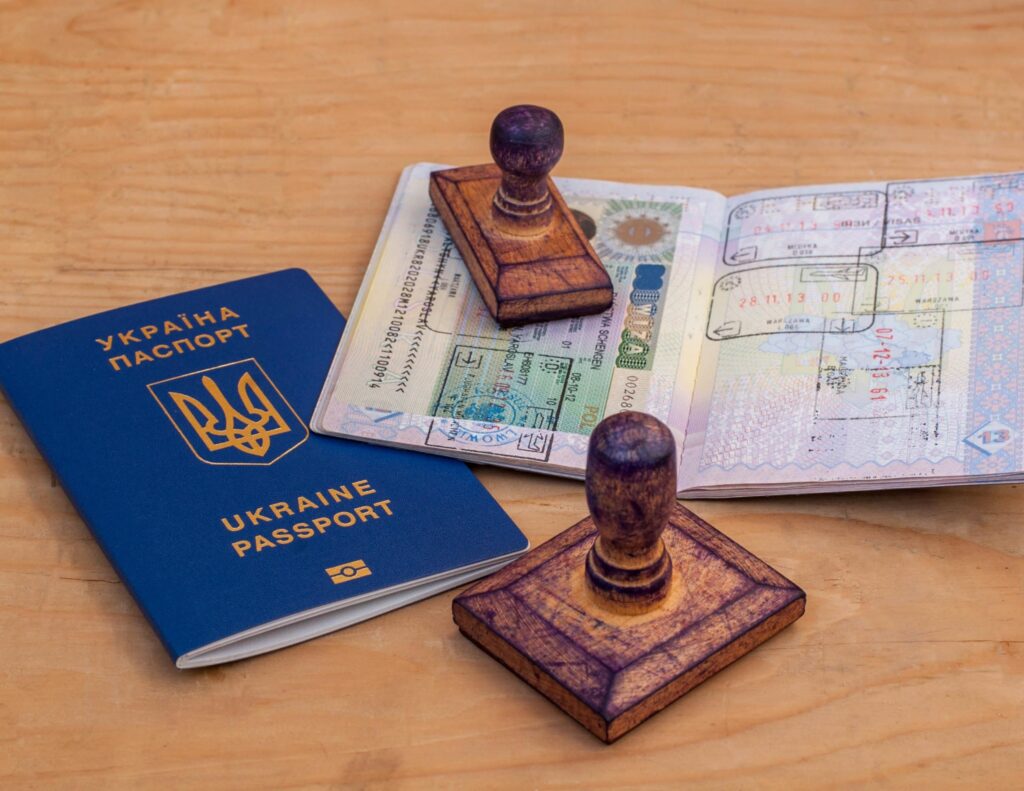
Studying overseas is a big commitment, but you can handle it easily and concentrate on the thrilling journey that lies ahead if you plan beforehand and pay close attention to the paperwork. This luck!Are you worried about your 50% undergraduate grade but still want to study abroad? Don’t give up! While a lower academic percentage might seem like a hurdle, it’s not an insurmountable obstacle. Many countries and universities offer pathways for students with diverse academic backgrounds, focusing on a holistic assessment of your potential. This comprehensive guide explores strategies and options to help you achieve your international education goals, even with a 50% score.
Understanding the Indian Education System and its Challenges:
Studying overseas is a big commitment, but you can handle it easily and concentrate on the thrilling journey that lies ahead if you plan beforehand and pay close attention to the paperwork. This luck!Students who want to pursue an international education may occasionally face obstacles due to the Indian educational system’s frequent emphasis on memorization and standardized testing. Although a percentage-based system may seem constrictive, keep in mind that your abilities are not defined by a single number. International institutions are aware of this system’s shortcomings and frequently take into account other variables than merely academic percentages.
What International Universities Look For:
While academic performance is important, universities abroad often adopt a more holistic approach to admissions. They understand that students have diverse strengths and experiences that may not be fully reflected in their academic transcripts. Here’s what they consider:
- Extracurricular Activities: Studying overseas is a big commitment, but you can handle it easily and concentrate on the thrilling journey that lies ahead if you plan beforehand and pay close attention to the paperwork. This luck!Participation in sports, volunteering, leadership roles, clubs, and other extracurricular activities demonstrates well-rounded development, commitment, teamwork, and leadership potential. Highlighting these experiences in your application can significantly boost your profile.
- Work Experience:Studying overseas is a big commitment, but you can handle it easily and concentrate on the thrilling journey that lies ahead if you plan beforehand and pay close attention to the paperwork. This luck!Lower academic scores can be made up for by professional work experience, particularly if it is pertinent to your subject of study. It demonstrates professional growth, real-world knowledge of your field, and practical talents. Even part-time work and internships can show off important abilities and experience.
- Statement of Purpose (SOP): Your SOP is your chance to tell your story. It’s a personal essay where you articulate your motivations for studying abroad, your academic and career goals, your passion for your chosen field, and how this particular program aligns with your aspirations. A compelling SOP can effectively address any concerns about your academic record and highlight your potential for success.
- Letters of Recommendation (LORs): LORs from professors, mentors, supervisors, or employers provide an external perspective on your abilities, character, and potential. Choose recommenders who know you well and can speak to your strengths, work ethic, and potential for academic success. Strong LORs can significantly strengthen your application.
- Entrance Exams and Standardized Tests: Studying overseas is a big commitment, but you can handle it easily and concentrate on the thrilling journey that lies ahead if you plan beforehand and pay close attention to the paperwork. This luck!A strong performance on standardized tests such as the GRE, GMAT, TOEFL, or IELTS can show your potential and make up for poorer grades from graduate schools. Universities can evaluate your potential more impartially thanks to these examinations, which offer a systematic assessment of your abilities and knowledge.
- Relevant Skills and Portfolio (if applicable): For certain programs, such as art, design, architecture, or engineering, a portfolio of your work or demonstration of relevant skills can be a significant factor in the admissions process. Showcasing your talent and abilities can outweigh concerns about academic scores.
Countries and Universities with Flexible Academic Requirements:
Several countries and universities are known for their more flexible admission criteria, offering opportunities for students with diverse academic backgrounds. Remember that admission requirements can change, so always check the specific requirements of your chosen institutions.
- Germany: Germany is a popular destination for international students, offering high-quality education at relatively affordable costs. Some public universities in Germany may not have strict percentage requirements, particularly for technical and vocational programs. Focus on demonstrating relevant skills and experience to strengthen your application.
- Canada: Canada offers a welcoming environment for international students and has several universities that consider a holistic range of factors in admissions. Universities like the University of Calgary, University of Winnipeg, and others may accept students with scores around 50%, especially if they have strong work experience, relevant skills, or a compelling application.
- Australia: Australian universities are known for their flexible admission criteria and often consider factors beyond academic percentages. Institutions like the University of Southern Queensland, the University of New England, and others may admit students with lower scores if they meet other entry requirements and demonstrate potential for success.
- New Zealand: New Zealand universities, such as the University of Auckland and others, often have flexible entry requirements and consider a wide range of factors, including personal statements, work experience, and a positive attitude toward learning.
- United Kingdom: The UK offers a wide range of programs and universities, some of which may accept students with lower academic scores, particularly for foundation programs or pathway courses. These programs provide an opportunity to improve your academic skills and prepare for degree-level studies.
Strategies to Increase Your Chances:
- Foundation Programs or Diplomas: Studying overseas is a big commitment, but you can handle it easily and concentrate on the thrilling journey that lies ahead if you plan beforehand and pay close attention to the paperwork. This luck!Think about signing up for a diploma course or foundation program in the field of your choice. These courses fill up the gaps between your present academic standing and what universities require for admission. They help you improve your academic skills, gain relevant knowledge, and enhance your chances of admission.
- Improve English Proficiency: Studying overseas is a big commitment, but you can handle it easily and concentrate on the thrilling journey that lies ahead if you plan beforehand and pay close attention to the paperwork. This luck!Achieving high scores in English language proficiency tests like IELTS or TOEFL is crucial, especially if English is not your native language. Strong English language skills demonstrate your ability to succeed in an English-speaking academic environment.
- Craft a Compelling Application: Focus on creating a strong application that highlights your strengths and potential. Write a compelling SOP that articulates your motivations, goals, and passion for your chosen field. Gather strong LORs from individuals who can speak to your abilities and potential. Showcase your extracurricular activities, work experience, and any other relevant achievements.
- Target the Right Universities and Programs: Research universities and programs that align with your academic background and career goals. Look for institutions that have a more holistic approach to admissions and are known for considering factors beyond academic percentages.
- Seek Professional Guidance: Consider consulting with education consultants or study abroad advisors. They can provide valuable guidance on university selection, application strategies, visa requirements, and other aspects of the study abroad process.
Studying overseas is a big commitment, but you can handle it easily and concentrate on the thrilling journey that lies ahead if you plan beforehand and pay close attention to the paperwork. This luck!A 50% score shouldn’t stop you from going after your goal of studying overseas. You can accomplish your objectives for overseas education with meticulous preparation, a calculated strategy, and an emphasis on showcasing your skills. Remember to thoroughly research your options, prepare a strong application, and never give up on your aspirations.



